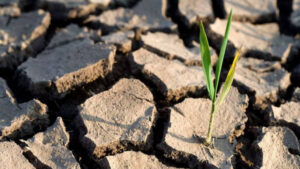Rainwater Harvesting in Dhaka: A Sustainable Approach to Urban Water Crisis
Rainwater Harvesting in Dhaka: A Sustainable Approach to Urban Water Crisis Dhaka, the capital city of Bangladesh, has grown rapidly over the past few decades, both in population and physical infrastructure. With over 20 million people residing in and around the metropolitan area, the demand for essential services has increased dramatically. One of the most […]







